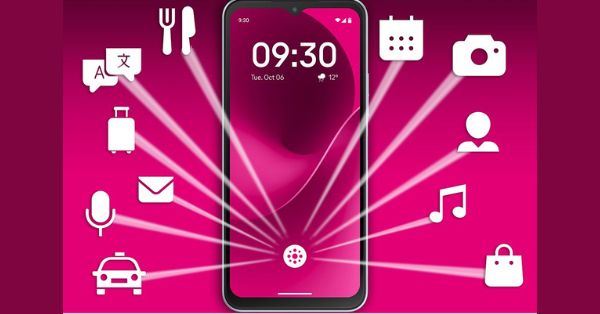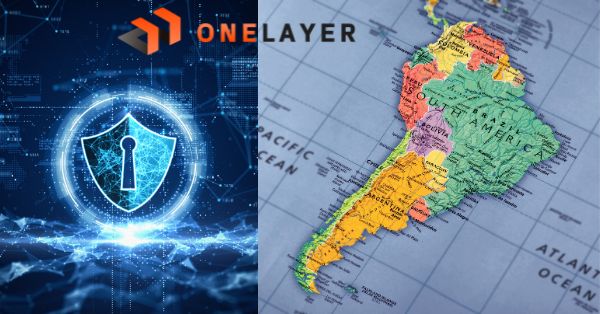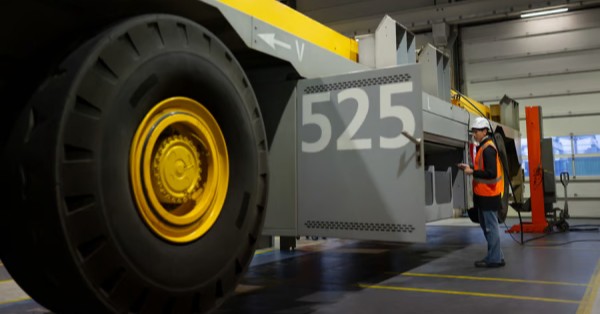U.S. tower firm American Tower Company (ATC) is seeking a 180-day authorization from the Federal Communications Commission to allow the use of an Airspan radio identified as AirVelocity 1901 as part of an experimental project in which ATC is currently working with Amazon Web Services (AWS).
ATC noted that this project is chiefly aimed at testing the performance of a private 5G wireless network within the confines of an indoor commercial mall in Las Vegas, with the ultimate objective of deployment of hybrid public/private 5G wireless networks.
ATC also said that a special permit from FCC is needed because the AirVelocity 1901, although it is nearing the end of its development phase, has yet to be fully certified. The firm also highlighted that the permit would allow ATC to accelerate 5G deployment efforts both through regular testing of the equipment at the mall and through testing during the upcoming event AWS re: Invent beginning on November 28, 2022.
In the filing, ATC said it “plans to conduct this experiment within the Miracle Mile Shops indoor mall”, located in Las Vegas.
“The project purpose is to facilitate the transition to 5G of wireless communications services provided to businesses and shoppers within the mall. An illustrative practical application of this testing of the private 5G network would be the activation and control of robotic in-store cleaners within mall stores after hours,” according to the filing.
ATC also said that the existing radios currently deployed at Miracle Mile are compatible with private indoor 3G and 4G DAS and Wi-Fi networks but not with 5G. During this experimental testing, a total of 14 5G-compatible indoor AirVelocity 1901 radios would be deployed at different locations within Miracle Mile, according to ATC.
In August, AWS announced the availability of its AWS Private 5G, a managed service that helps enterprises set up and scale their own private mobile networks. AWS emphasized its offering’s ease of deployment and low cost in its announcement, promising to deliver the necessary hardware and software and simplify the network procurement process. However, AWS Private 5G still only supports 4G LTE at this point but the firm said it would support 5G in the future.
The service makes use of the CBRS spectrum and is available in US East (Ohio), US East (N. Virginia), and US West (Oregon) AWS regions. The company said it is currently working to make the service available outside of the United States in the near future.
AWS noted that private mobile network deployments require enterprises to invest considerable time, money, and effort to design their network for anticipated peak capacity and procure and integrate software and hardware components from multiple vendors. According to AWS, its private 5G solution “simplifies the procurement and deployment, enabling enterprises to deploy their own private mobile network within days instead of months as well as scale up and down the number of connected devices rapidly.”































